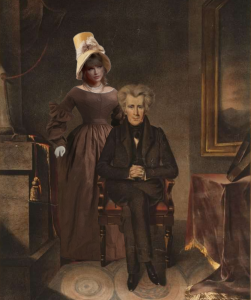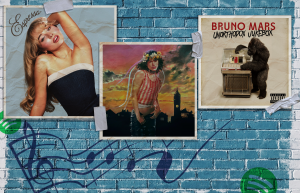Bright Eyes isn’t my favorite band. Bright Eyes isn’t even really a great band. Even so, I couldn’t tell you a more influential group in my development as a person.
Singer-songwriter Conor Oberst began recording his first album, “A Collection of Songs Written and Recorded 1995-97,” when he was 15 as a nobody in Omaha, Neb.
In 10 years, he would be hailed as the new Bob Dylan. A mix of self-loathing, heartsick romanticism, Dylan-esque balladry and a willingness to experiment with country and arena marked him as a star while his twin emo testaments (2000’s “Fevers and Mirrors” and 2002’s “Lifted or The Story Is In The Soil, Keep Your Ear To The Ground”) made him something of a drug-addled Messiah to depressives everywhere, as well as a divisive figure in the indie community.
After two years of folk experimentation with a solo career, the Mystic Valley Band and the Monsters of Folk, Oberst announced in Rolling Stone in 2009 that he was recording a final Bright Eyes album.
I felt betrayed. The artist who had gotten me through so many high school (and college, for that matter) heartbreaks, who told me George W. Bush was evil before I thought it myself and who sang about no-strings attached sex when that still seemed like something that could actually exist was going to disappear.
Now, two years after his announcement, we finally have “The People’s Key.”
2007’s “Cassadaga” was a bit of a betrayal, but I wanted to see the swan song of my teenage savior, whether he crashed or flew gloriously into the sun.
“The People’s Key” begins with an old-style preacher telling a darker take on the book of Genesis, a story of lizard people intermingling with man as well as a tale of a growing multi-verse so hokey and ridiculous it would make Marv Wolfman blush, but right at the beginning, he says something very interesting.
“You have to believe in the future and what we have to do,” he says.
It’s a hopeful and inherently ridiculous line made all the more ridiculous by the speaker’s delivery, but this is new for Oberst and company.
So is the rest of the album a message of hope or another look into the bedroom balladeer we’ve learned to love?
Well, it’s a little of both.
But regardless of your previous feelings on Bright Eyes, this is a truly brilliant album.
Oberst has changed a lot since his self-loathing lows in “Lifted” and “Digital Ash in a Digital Urn.” He seems to have forgiven everyone but himself. His youth is remembered nostalgically, singing “hid under the bleachers/kissed as the band marched, everything fell into line.” It’s fitting for the 30 year old.
Oberst has grown up lyrically and musically, loading songs with hooks from a variety of genres. He makes this abundantly clear throughout “The People’s Key,” particularly in lines like “how sad to know I’m in control” and “sold my tortured youth, piss and vinegar/I’m still angry with no reason to be.” It’s hard to listen to, seeing a person I looked up to so utterly changed, but it feels so earned and right.
It’s hard to be truly critical of “The People’s Key.” I’ve always tried to escape cliche, but Oberst has been such a prominent icon in my life that I struggle to grade his final work as Bright Eyes.
“The People’s Key” is a little over-reliant on voice-overs, voice effects, fascist imagery, new-age ridiculousness and Oberst’s typical nonsense metaphors, but the songs are beautifully arranged and the record is both stunningly vibrant and simultaneously understated.
“The People’s Key” is a message of hope for the future, not just for Oberst, but for his fans and his contemporaries. No longer does his hair cover his eyes or does he mention his potentially imaginary dead brother. He’s become a man, and he wants listeners to see the light as well.
Listening to Conor Oberst grow up, not grow out of it, is a stunning achievement. It’s something I never knew I would want to hear.




